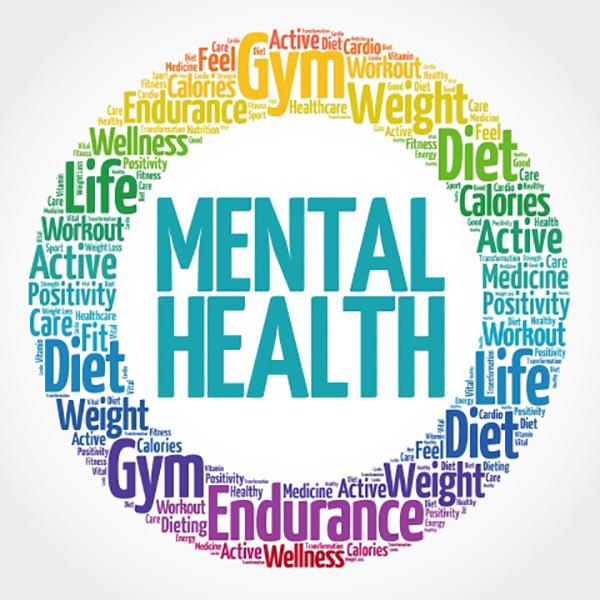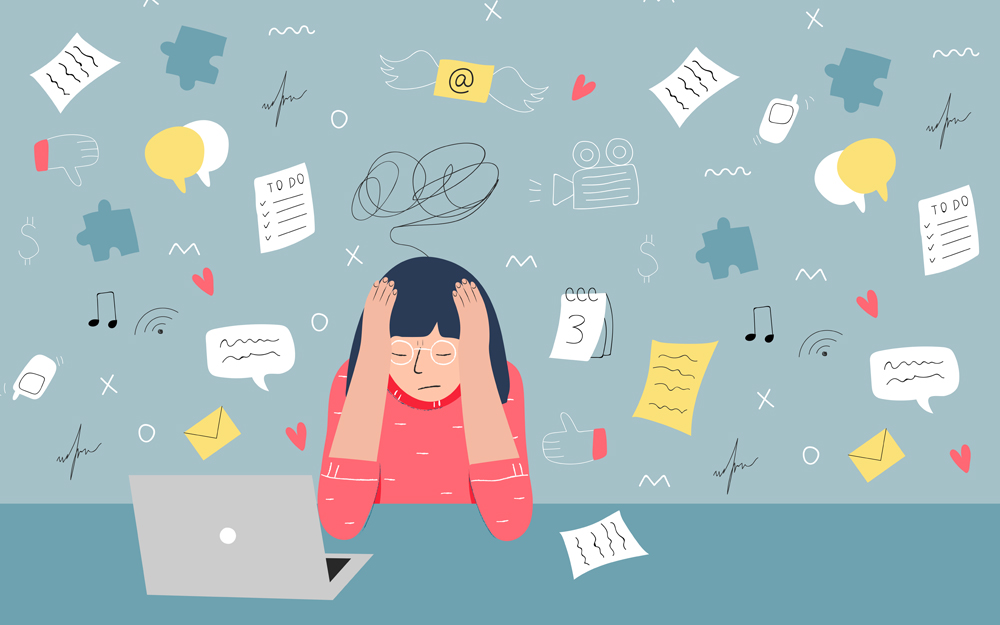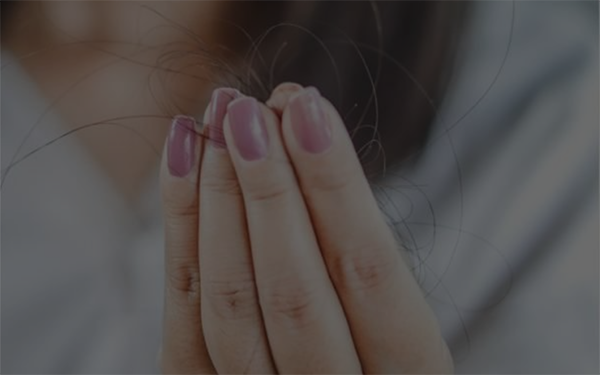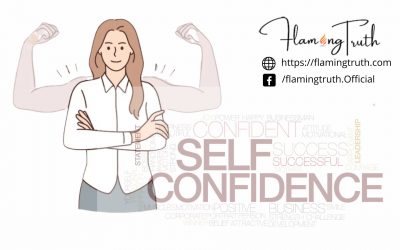Anxiety disorders are currently the third most prevalent mental illness in the United States. Over 40 million adults (7.3%) in the U.S. (16.5%) suffer from an anxiety disorder at any given time.
Some people are unaware that they may have anxiety symptoms or deny that it influences their lives. For millions of Americans who experience anxiety, the disorder has a devastating effect on their everyday lives and daily activities. And anxiety symptoms often mimic other illnesses and require serious attention, including medication and therapy.
The most common anxiety symptom is excessive worry and nervousness. People who are scared of dropping their jobs, getting rejected at a job interview, or going through a life-changing experience such as losing a loved one will often find themselves feeling very anxious. Many anxiety sufferers experience these feelings more than they should, due to their overreaction to stressful situations.
Some people may experience physical symptoms from their anxiety disorder, including heart palpitations, difficulty breathing, and a racing heart. If you suspect that your physical symptoms are a sign of anxiety, it is essential to seek medical advice right away. It may be possible that there are underlying medical conditions that need to be treated, or that your body is producing an unhealthy amount of the neurotransmitters serotonin and norepinephrine, which regulate mood, anxiety, and sleep. If these chemical imbalances are not addressed, the anxiety symptoms can become unmanageable.
An anxiety attack can be mild to severe and can come with many different symptoms. For example, suppose you can identify the symptoms associated with an anxiety attack. In that case, it is easier to determine if the anxiety attack you are experiencing is the type you may be having.
Treatment Of Anxiety Disorder
Fortunately, you can identify and treat many different anxiety symptoms. In the first step of anxiety treatment, you must determine which of your symptoms cause you anxiety. Then, you will want to make an appointment to talk to your doctor. To choose the type of pressure you suffer from, you will be required to complete a questionnaire about your symptoms.
This information will allow your physician to understand the specific anxiety symptoms and their causes, which will help him or she provide you with a treatment plan of action.
Antidepressants For Treating Anxiety Disorder
A standard anxiety treatment is to take an antidepressant such as Zoloft or Effexor, which can be used to treat all anxiety symptoms, including anxiety attacks. Other treatments may include relaxation techniques, such as yoga, meditation, and biofeedback therapy. Your doctor may also recommend cognitive behavioral therapy, such as hypnotherapy or biofeedback, which trains your mind to recognize your emotions and learn how to control them.
Other types of anxiety treatment include medication, psychotherapy, exercise, and lifestyle changes. Each person’s case and symptoms are unique. Still, there are effective ways to treat any anxiety disorder, including generalized anxiety disorder, obsessive-compulsive disorder, or social anxiety disorder. The best anxiety treatment depends on the type and severity of your symptoms.
Exercise
There are several ways to reduce anxiety attacks or prevent them from occurring in the first place. One way to reduce anxiety is through exercise. Physical activity releases endorphins into your system, making you feel good and are known to lower your heart rate and blood pressure.
Aromatherapy can also help create a calming effect on your mind and relieve you of the physical and mental stress that can trigger anxiety attacks. Exercise also helps to prevent muscle tension and the onset of another anxiety attack.
Meditation helps to calm your mind and body. Meditation is also a great way to alleviate stress, which causes anxiety symptoms. One type of meditation involves sitting quietly in a quiet room and focusing on your breathing. Meditation can also be done while listening to music so that you can calm your mind, body, and soul.
You can also find help for anxiety by using natural herbs to help you relax and control stress. Chamomile tea is thought to be an effective relief for both anxiety and insomnia. Other herbal remedies include Valerian root, St. John’s wort, which helps control stress.
Conclusion
For more information on anxiety, including its signs and treatments, contact your doctor or a therapist who can help you get treatment and prevent the onset of this disorder. Many health care professionals also offer online support groups for those suffering from the symptoms of anxiety attacks. These groups can be especially helpful in learning the causes of your symptoms and finding treatment that will help you relieve your symptoms and become anxiety-free.















Pretty section of content. I just stumbled upon your website and in accession capital to assert
that I get actually enjoyed account your blog posts.
Anyway I’ll be subscribing to your augment and even I achievement you access consistently fast.